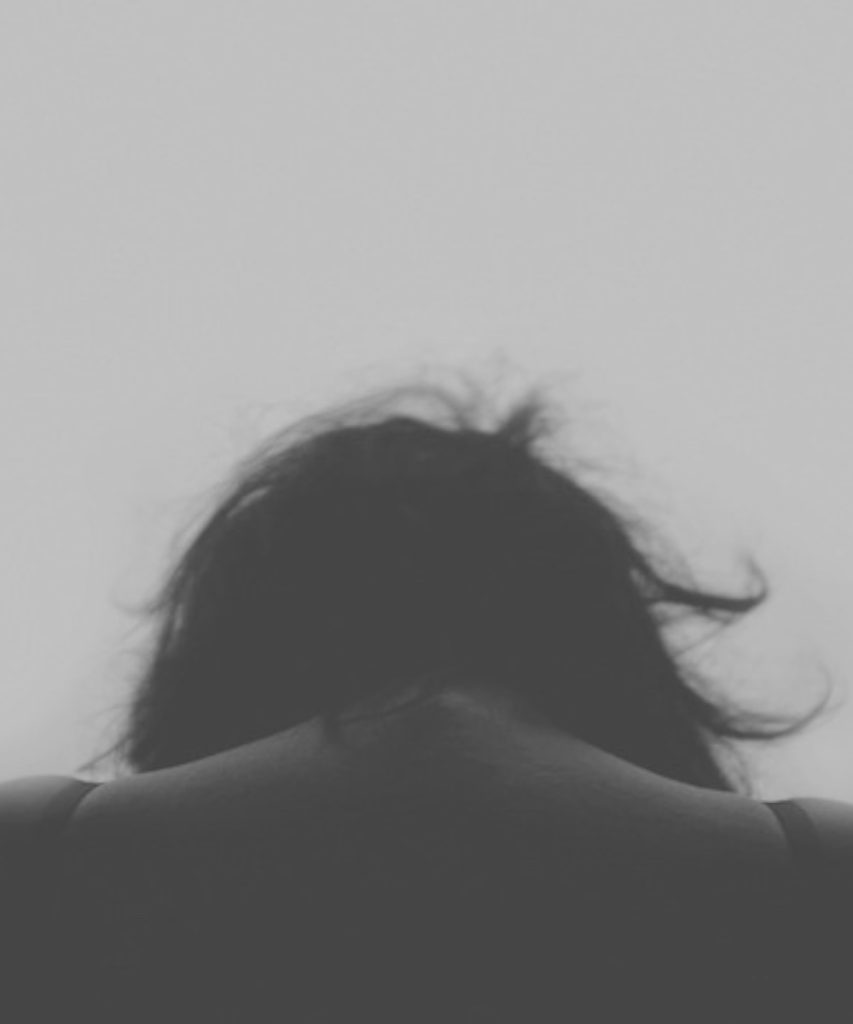Sadness and disappointment are all a part of the human condition. That’s to be expected. Depression however can be a serious medical condition. If left untreated depression can result in the loss of one’s job, relationships and in extreme conditions can result in suicide. Depression is often misunderstood and people often mistake it for a sense of sadness, ennui or “the blues”.
A depressive episode is an event that lasts from a few weeks to months to even years depending on the severity and duration. Specific symptoms are usually present and screened for in order to diagnose the type and severity of the depressive episode. Symptoms include but are not limited to things like changes in our sleep pattern, changes in our food intake, (overeating or eating noticeably less) and a lack of pleasure or interest in things (known as “Anhedonia”). Unexplained Feelings of guilt, shame, and worthlessness can also be present.
There are various types of depression and typically men, women, older adults, and teens present with different snapshots of the disease. The following is a general guide to the face of Depression in Men, Women, Teenagers and older adults.
Men and Depression
Because men are usually less emotive and less in touch with their emotions and feelings they are less likely to complain of sadness, feeling blue, hopeless and feeling guilty. Men are more likely to experience depression in the form of feeling fatigued, being irritable and experiencing a lower libido and loosing interest in hobbies and work. Despite the fact that depression seems to affect women at twice the rate of men, men are at a higher suicide risk because they have a tendency to minimize their depression. Perhaps because they see it as a sign of weakness and emotionality, they are less apt to reach out and ask for help.
Women and Depression
Women are taught from a very young age that it’s okay to cry and feel your emotions. Due to this women tend to experience their depression in the form of feelings of guilt, shame, worthlessness and changes in their sleep and eating patterns. Women in general tend to seek out treatment from a mental health practitioner sooner as they are more in touch with the changes that a depressive episode can evoke.
Teenagers and Depression
Teenagers present with depression somewhat differently. While some might identify feelings of sadness, many identify feeling irritable rather than down or blue. Often there can be a sense of imitability, hostility and a temperamental attitude along with changes in scholastic performance. Along with the personality changes a depressed teenager might suddenly start hanging out with a new crowd getting in trouble with the law and or using drugs. Psychosomatic aches and pains are also common depressive symptoms that are experienced.
Older Adults and Depression
Despite the common belief that depression is associated with the elderly; it is not a normal part of the aging life cycle.
Older adults will manifest their depressive symptoms physically. Not feeling well, back pains, stomach issues, unexplained headaches rather than the emotional symptoms of depression. Due to this it can go unnoticed for quite some time.
If you or a loved one is experiencing any form of depression it is important that you contact a mental health expert or medical practitioner. Depression is a highly treatable condition that affect close to 8 million Americans yearly.

